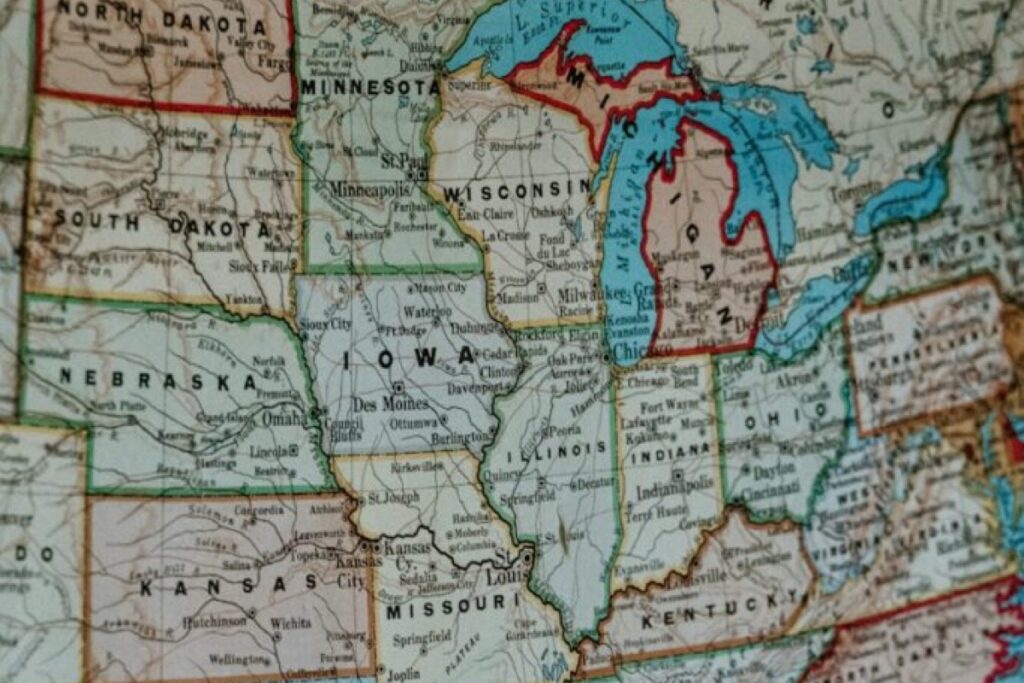Cremation has become an increasingly popular choice for final disposition in the United States. The cremation rate has been steadily rising over the years due to factors such as lower costs compared to traditional burial, environmental concerns, and changing cultural attitudes. In this article, we will explore cremation rates by state, the factors influencing these trends, and how the numbers are expected to evolve in the coming years.
National Overview of Cremation Rates
According to the National Funeral Directors Association (NFDA), the national cremation rate in the United States surpassed 57% in recent years and is projected to continue rising. By 2030, it is expected to reach over 70%. Many states already exceed the national average, while others are slower to adopt cremation due to cultural and religious preferences.
Cremation Rates by State (2023 Data)
The following table shows the cremation rates for each state as of the most recent data from the Cremation Association of North America (CANA): For cost in each state, click state name.
| State | Cremation Rate (%) |
|---|---|
| Nevada | 80.7 |
| Washington | 79.1 |
| Oregon | 77.7 |
| Hawaii | 77.3 |
| Maine | 74.7 |
| Montana | 73.4 |
| New Hampshire | 73.1 |
| Alaska | 72.5 |
| Arizona | 71.3 |
| Colorado | 70.8 |
| Vermont | 70.1 |
| Idaho | 68.9 |
| Wyoming | 67.8 |
| Florida | 65.5 |
| California | 63.9 |
| Minnesota | 63.2 |
| Wisconsin | 61.8 |
| Michigan | 60.5 |
| South Dakota | 59.9 |
| Utah | 58.7 |
| New Mexico | 58.4 |
| North Dakota | 58.2 |
| Iowa | 57.3 |
| Ohio | 56.9 |
| Pennsylvania | 55.2 |
| Indiana | 54.6 |
| Kentucky | 52.1 |
| Georgia | 50.7 |
| Tennessee | 49.8 |
| Illinois | 49.1 |
| North Carolina | 48.4 |
| Virginia | 47.9 |
| Texas | 46.2 |
| South Carolina | 44.7 |
| Alabama | 42.8 |
| Louisiana | 41.9 |
| Mississippi | 38.7 |
| Arkansas | 37.4 |
| Missouri | 36.9 |
| Oklahoma | 36.5 |
| West Virginia | 35.7 |
| Kansas | 33.6 |
| Nebraska | 32.8 |
| New York | 30.9 |
| New Jersey | 29.7 |
| Maryland | 27.4 |
| Connecticut | 25.9 |
| Massachusetts | 25.1 |
| Rhode Island | 23.7 |
| Delaware | 22.8 |
| District of Columbia | 20.5 |
| Virginia | 18.3 |
Factors Influencing Cremation Rates
Several factors impact cremation rates in different states:
- Cultural and Religious Beliefs: States with a higher percentage of populations adhering to religious traditions that favor burial, such as Catholicism or certain Protestant denominations, tend to have lower cremation rates.
- Cost: Cremation is generally more affordable than traditional burial. States with lower income levels may see higher cremation rates as families opt for more economical options.
- Environmental Concerns: Cremation is often considered more environmentally friendly than traditional burial. States with strong environmental movements may have higher cremation rates.
- Population Density: States with urban populations tend to have higher cremation rates due to space limitations in cemeteries and the availability of cremation services.
Future Trends
The trend toward cremation is expected to continue rising in all states, though at different rates. States in the South, where traditional burials have been historically more popular, are projected to see significant increases in cremation rates in the coming decades. States with already high cremation rates, such as Nevada and Washington, are expected to stabilize with marginal increases.
Sources
- Cremation Association of North America (CANA) Annual Report 2023
- National Funeral Directors Association (NFDA), Cremation Statistics, 2023
- U.S. Census Data on Religious Affiliations and Cultural Trends, 2023

